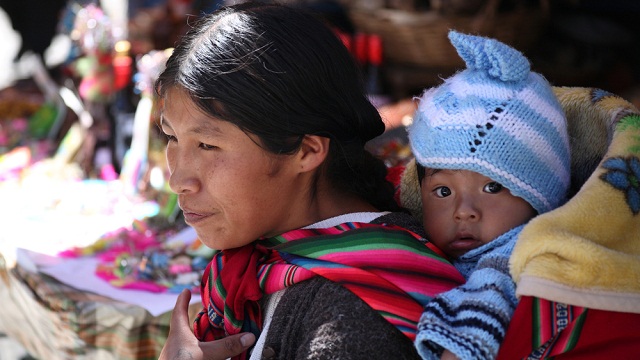Fighting War the Biblical Way

After several days, the fragile ceasefire in the latest iteration of Israel and Gaza’s endless war is still holding. But while the bombs were falling, there was no shortage of voices calling for the battle to be escalated even further, like Gilad Sharon, son of the former Israeli Prime Minister, who wrote in an op-ed:
“We need to flatten entire neighborhoods in Gaza. Flatten all of Gaza. The Americans didn’t stop with Hiroshima – the Japanese weren’t surrendering fast enough, so they hit Nagasaki, too.”
These aren’t original ideas. We last saw them just a few years ago, in the mouth of an ultra-Orthodox rabbi who urged the Israelis to fight “the Jewish way”, by which he meant indiscriminately killing civilians and destroying population centers. This is in line with the genocidal passages of the Old Testament, in which Israelite armies commit holy slaughters against their pagan enemies:
“When the Lord thy God shall bring thee into the land whither thou goest to possess it, and hath cast out many nations before thee, the Hittites, and the Girgashites, and the Amorites, and the Canaanites, and the Perizzites, and the Hivites, and the Jebusites, seven nations greater and mightier than thou; and when the Lord thy God shall deliver them before thee, thou shalt smite them, and utterly destroy them; thou shalt make no covenant with them, nor shew mercy unto them.”
—Deuteronomy 7:1-2
To be clear, I have no position on who started this intractable conflict. The roots of it reach so far back into history that it’s pointless to assign ultimate responsibility to anyone now living. And as far as I’m concerned, there’s plenty of blame to go around: both sides are guilty of atrocities, and each one uses the last atrocity committed against it to justify the next one it commits against the other.
But what I do believe is that that it’s is being inflamed and prolonged by religious zealotry on both sides. Whether it’s Israelis who cite the Old Testament to advocate genocidal war, or Hamas’ enforcers legislating “religiously proper” behavior, fundamentalism only makes both sides more vicious and compromise less thinkable. Making peace requires diplomacy and mutual concession, and religion is poisonous to this process because it turns ordinary values, which can be used as bargaining chips, into sacred values which can never be compromised.
And the longer this conflict drags on, the more it erodes the basis of democracy itself. As a former speaker of the Knesset writes, religious extremism is strangling democracy in Israel, replacing a cosmopolitan ethic with bitterness, paranoia, and theocracy. (This fits in with what I’ve previously written about the booming ultra-Orthodox faction demanding, and in many cases getting, the imposition of gender apartheid in civil society.)
As long as religion remains an animating factor on both sides, I see no realistic way for the Israeli-Palestinian conflict to end, and I’m not optimistic that any change is on the horizon. It’s hard to escape the conclusion, which I’ve voiced before, that the places where the world’s dominant religions were born may well be the places where the stubborn embers of religious hatred will smolder longest.
Image credit: The U.S. Army, released under CC BY 2.0 license
Daylight Atheism: The Book is now available! Click here for reviews and ordering information.




